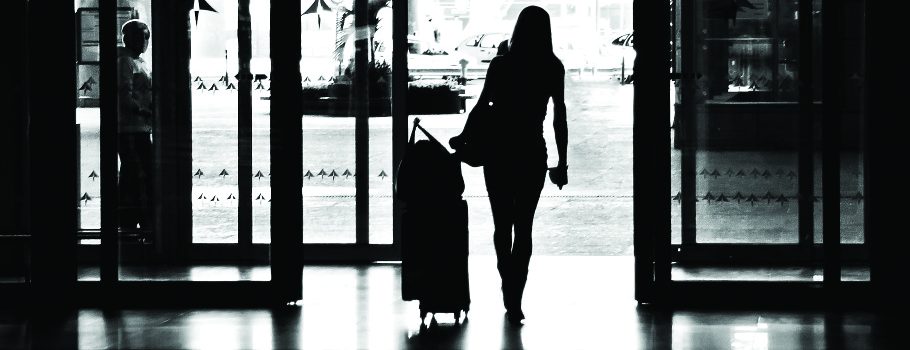The expression ‘repatriation blues’ reflects the paradox of feeling homesick for a country that isn’t yours. After all, as the saying goes, the toughest assignment is going home! So the question is: how can expat partners repatriate successfully? Here are 8 ways to beat the repat blues…
- Plan ahead: Prepare like when you relocated. Update yourself on the latest news. Revisit cultural traditions. Discuss the move with your family. Start thinking about routine and a fulfilling occupation once you get back, and put all that into perspective with your current drivers.
- Say your goodbyes: Before you leave, say goodbye properly. Visit your friends, take photos, hang out in your favourite places and eat the food you have grown to love.
- Keep in touch: Keep the communication flowing with friends abroad. Invite them for a visit. Meeting in person once in awhile makes a difference, grounding friendships and strengthening bonds.
- Find others like you: When you arrive, find other internationally minded people who you can relate to in case feelings of isolation and inadequacy creep in. (This can be done through Global Connection’s Member Directory, for example.)
- Revisit: You can do this at a distance by journaling or composing a photo album. If possible, after a while go on a return visit. This will help you acknowledge that life goes on everywhere.
- Be open: Don’t hide the fact you were an expat, it won’t help your adjustment. Some people misinterpret expat life as a luxurious extended holiday, but others can be pretty understanding. You can even seize the opportunity to share your positive experiences, cooking foreign dishes for your friends or giving them culturally significant gifts.
- Manage expectations: Yours and others. It’s hard to accept your country has changed, some friends have moved on and most importantly, you’re not the same person. Sometimes family and friends also have trouble understanding that you need to adjust to being back home. Acknowledging change is the best thing you and your loved ones can do to ease the transition.
- Give it time: Finally, successful repatriation isn’t automatic but a process that follows a ‘cycle of change’ (a topic about which Global Connection runs online training). It’s actually a good idea to expect reverse cultural shock. Don’t be in a rush to adjust, you are allowed to feel like a ‘foreigner’ in your country for as long as it takes.
Photo: Hernán Piñera – Flickr





